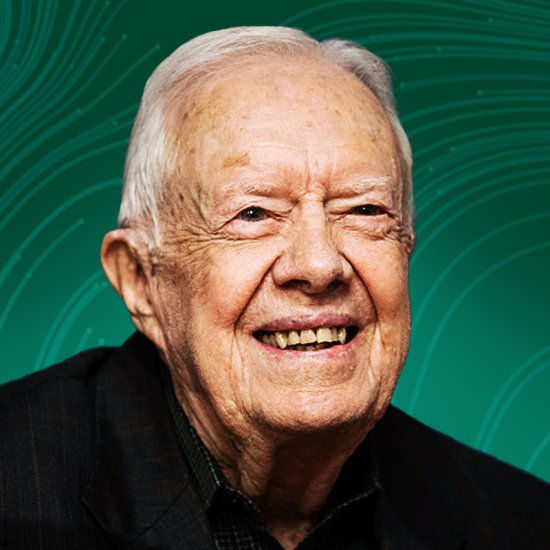
I never expected the likes of former President Jimmy Carter to traffic much in vanity, but the one time I spoke to him, back in 2006, he allowed himself a tiny flicker of it. At the time, the then-octogenarian was preparing for a journey to Africa to help pursue his mission of eradicating Guinea worm, and, impressed that a man his age would be making such a journey, I said to him, “I’m sure you hear this all the time, Mr. President, but it’s an inspiration to talk to you.” He responded with a laugh. “That’s OK,” he said, “I don’t mind hearing it.”
[time-brightcove not-tgx=”true”]Carter, now 99, comes by his pride rightly. In 1986, when the Carter Center launched its Guinea worm eradication program, the parasitic disease—which creates agonizing lesions on the skin from worms that are ingested as larvae in contaminated water and grow up to a meter in length inside the human body—was endemic in 21 countries, striking 3.5 million people per year. Last year, thanks to Carter’s leadership and decades-long dedication to the cause, there are thought to have been just 14 cases worldwide. Much of the Carter Center’s work has involved public education—especially teaching residents of endemic countries to filter all drinking water before consuming it, and to keep infected people out of rivers and other water sources to prevent them from shedding worm larvae. If the Center is successful in its mission, Guinea worm will be only the second human disease, after smallpox, to be pushed over the cliff of extinction. Carter, who will turn 100 on Oct. 1 and is already the oldest former U.S. President, has made it clear that that is a goal he wants to live to see happen.